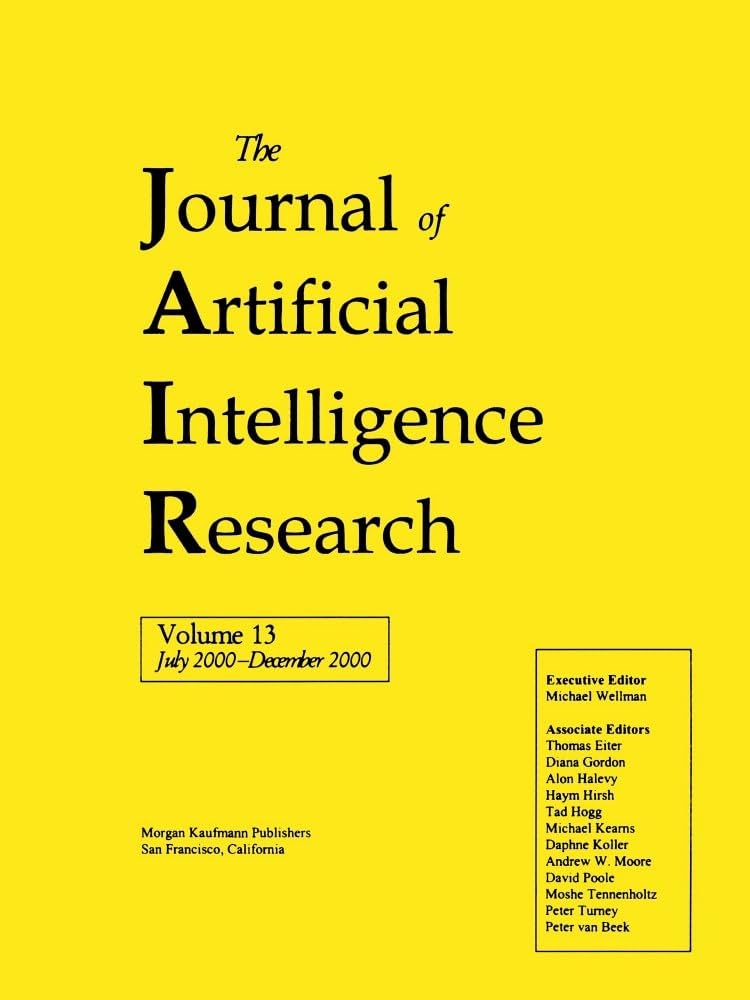学习设计公平和私人投票规则
IF 4.5
3区 计算机科学
Q2 COMPUTER SCIENCE, ARTIFICIAL INTELLIGENCE
引用次数: 4
摘要
投票被广泛用于确定一组代理的集体决策,基于他们的偏好。在本文中,我们专注于评估和设计投票规则,这些规则既支持投票代理的隐私,又支持对这些代理的公平概念。为此,我们引入了一种新的群体公平概念,并采用了现有的局部差分隐私概念。然后,我们评估了几种现有投票规则中的群体公平水平,以及公平与隐私之间的权衡,表明在高公平或高隐私水平下不可能总是获得最大的经济效率。然后,我们提出了一种机器学习和约束优化方法来设计公平的新投票规则,同时保持高水平的经济效率。最后,我们实证检验了加入噪声来创建局部差异私密投票规则的效果,并讨论了经济效率、公平和隐私之间的三方权衡。本文发表在《人工智能与社会》专刊上。本文章由计算机程序翻译,如有差异,请以英文原文为准。
Learning to Design Fair and Private Voting Rules
Voting is used widely to identify a collective decision for a group of agents, based on their preferences. In this paper, we focus on evaluating and designing voting rules that support both the privacy of the voting agents and a notion of fairness over such agents. To do this, we introduce a novel notion of group fairness and adopt the existing notion of local differential privacy. We then evaluate the level of group fairness in several existing voting rules, as well as the trade-offs between fairness and privacy, showing that it is not possible to always obtain maximal economic efficiency with high fairness or high privacy levels. Then, we present both a machine learning and a constrained optimization approach to design new voting rules that are fair while maintaining a high level of economic efficiency. Finally, we empirically examine the effect of adding noise to create local differentially private voting rules and discuss the three-way trade-off between economic efficiency, fairness, and privacy.
This paper appears in the special track on AI & Society.
求助全文
通过发布文献求助,成功后即可免费获取论文全文。
去求助
来源期刊

Journal of Artificial Intelligence Research
工程技术-计算机:人工智能
CiteScore
9.60
自引率
4.00%
发文量
98
审稿时长
4 months
期刊介绍:
JAIR(ISSN 1076 - 9757) covers all areas of artificial intelligence (AI), publishing refereed research articles, survey articles, and technical notes. Established in 1993 as one of the first electronic scientific journals, JAIR is indexed by INSPEC, Science Citation Index, and MathSciNet. JAIR reviews papers within approximately three months of submission and publishes accepted articles on the internet immediately upon receiving the final versions. JAIR articles are published for free distribution on the internet by the AI Access Foundation, and for purchase in bound volumes by AAAI Press.
 求助内容:
求助内容: 应助结果提醒方式:
应助结果提醒方式:


